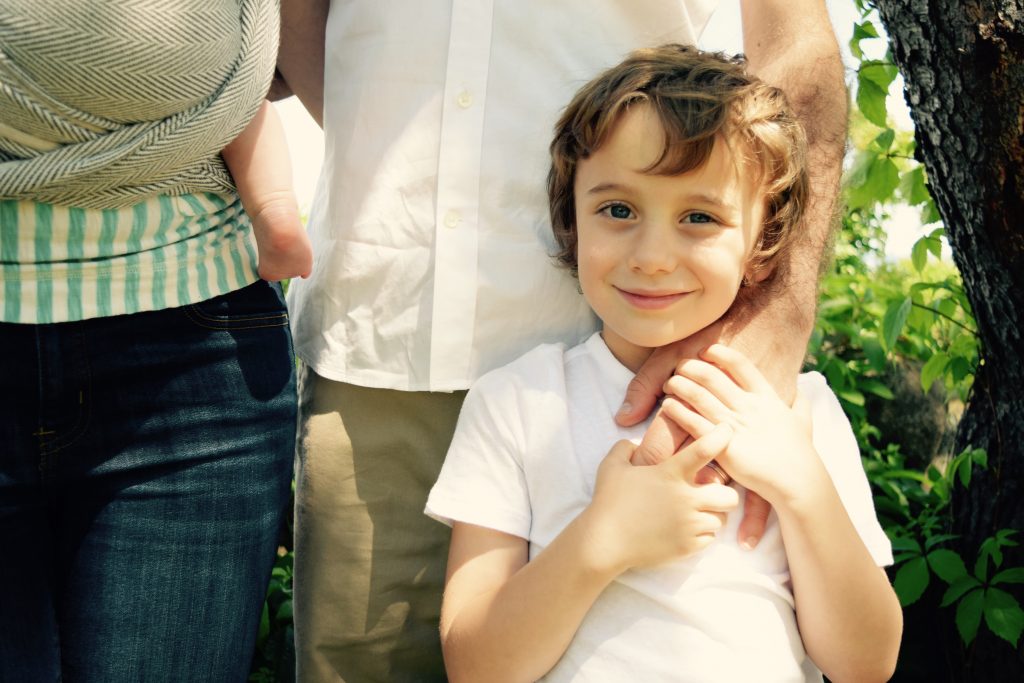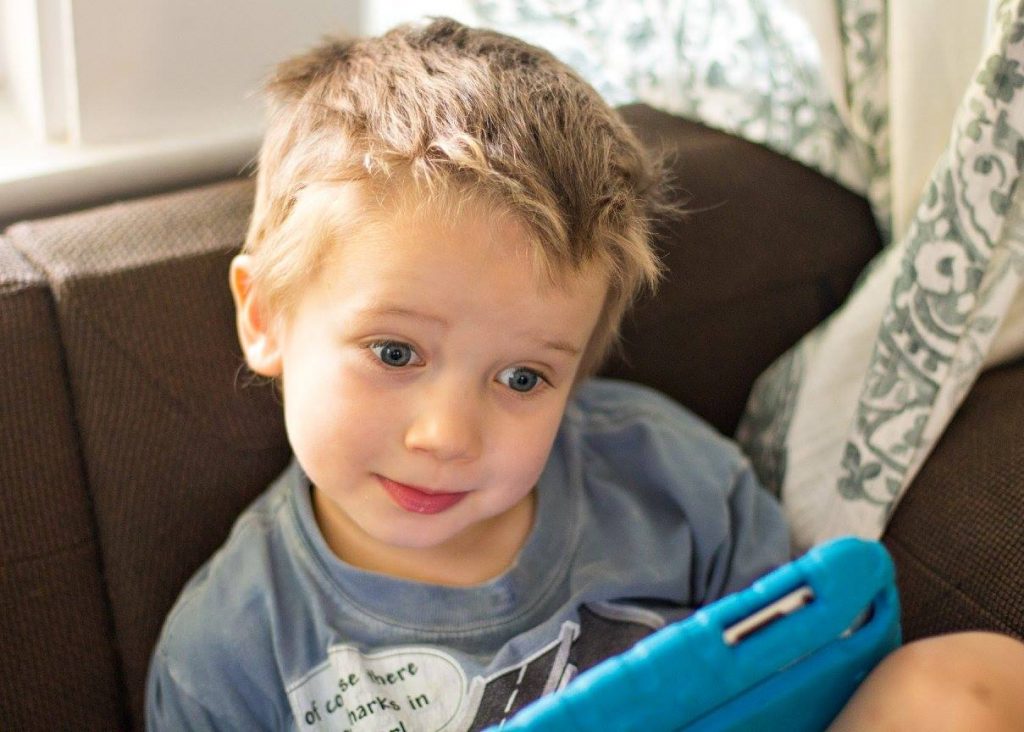You’re awake in the middle of the night with your baby for the third time. As you’re feeding her, and scrolling through Facebook or Instagram, what are you thinking when you see that picture of your friend’s baby sleeping peacefully in his crib? Or that video of your other friend’s 10 month old baby walking already? Or that perfectly manicured photo of the smiling children creating beautiful artwork in an impeccably neat room of the complete stranger you follow? Do you feel happy for those families? Or do you feel envious, not good enough, and confused as to why you don’t have the sleeping, walking baby or the perfect artist children?
I often see new moms seeking feedback from other moms with questions like, “when did your baby first start stringing a few words together?” or, “when did your baby start sleeping through the night?”, or “how do you get your baby to sit still and read books with you?” These questions are often followed by an explanation of some insecurity that the parent has about their own child’s development or behavior. I understand this insecurity. I have felt this insecurity and I still feel it at times today with my children. In fact, this trap of comparing my baby to other babies is what set me and my first child up for so much stress and turmoil during our first year. I was constantly comparing him to what I perceived the norm to be for his age. And he wasn’t fitting in. And I kept looking at other people’s babies and trying to get him to look like them. We were both miserable. But the problem is, my child wasn’t somebody else’s child. He wasn’t going to fit their mold. And trying to employ strategies to get him to sleep, walk, etc., that worked for somebody else wasn’t going to work for him.
And the scary thing is, this comparison trap doesn’t end when our babies grow into toddlers, children, teenagers, and even young adults. For the most part, the mainstream culture here in the U.S. is one that promotes competition and achievement over most other things. And when you value competition and winning, you are actively engaging in comparisons all the time. My first baby, the one that I agonizingly tried to mold into the baby I thought he should be, still doesn’t fit the mold. He is six years old and he has his own strong set of passions, interests, and goals for himself. They don’t necessarily set him up to look like the studious, rule following child that we all are told we should have. And when I start seeing other people’s photos and reading their descriptions of their kids on social media, I find that I’m still tempted to fall into the trap of comparison. But when I allow myself to go down that road, I stop seeing the child right in front of me. And I risk missing all of the quirky, unique things about my son. He is inquisitive, agile, generous, analytical, thoughtful, and has great negotiation skills. When I stop comparing him to other children, I see all of these beautiful things and more. And all of a sudden, it doesn’t matter if Child X is reading chapter books at 4 years old or Child Y is hiking miles at a time at 5 years old because I have stopped looking at them as the models for what my child should be.
I’ve come to believe that comparison almost never leads to happiness or fulfillment. We don’t do ourselves any favors when we compare our babies and children to other babies and children and we don’t do them any favors either. Because the older they get, the more they can feel that. And we absolutely don’t do ourselves any favors when we start comparing ourselves to other mothers. I know how hard it is to avoid that comparison trap, though. Social media is constantly reminding us of everything happening in everybody else’s families and sometimes it feels like we just can’t measure up.
But what if you stopped trying to measure up?
What if you noticed those thoughts of comparison creeping in, acknowledged them, and then stopped whatever you were doing that led to them in the first place?
Put down your phone and look at your baby or your child in that moment. What is he or she doing? Drink in her sweet little toes as they grip the floor when she pulls up to stand with precarious balance. Cherish the tone of his voice as he babbles to you in his pre-verbal sounds. Go snuggle with your child as she watches her favorite cartoon (and stop feeling guilty that she’s watching TV!). Truly look at your child and see him for his perfectly unique self. You might find, that with practice, the comparisons start to fade to the background and your appreciation for your child and connection with your child grows stronger. I invite you to join me on this path. I have so far yet to travel, but it’s a beautiful journey.



A very well written piece, Taylor. I couldn’t agree more. I am writing as a “very old” mother and remembering when my children were young the attitudes among my friends were to go with the flow. No child will later in life tell his peers at what time in his life he walked or talked! So it wasn’t important to us at all.
I must admit though, that when school comes into play it is a lot harder to let go of that competitiveness that seems to be the driving point of schools. It is a struggle.